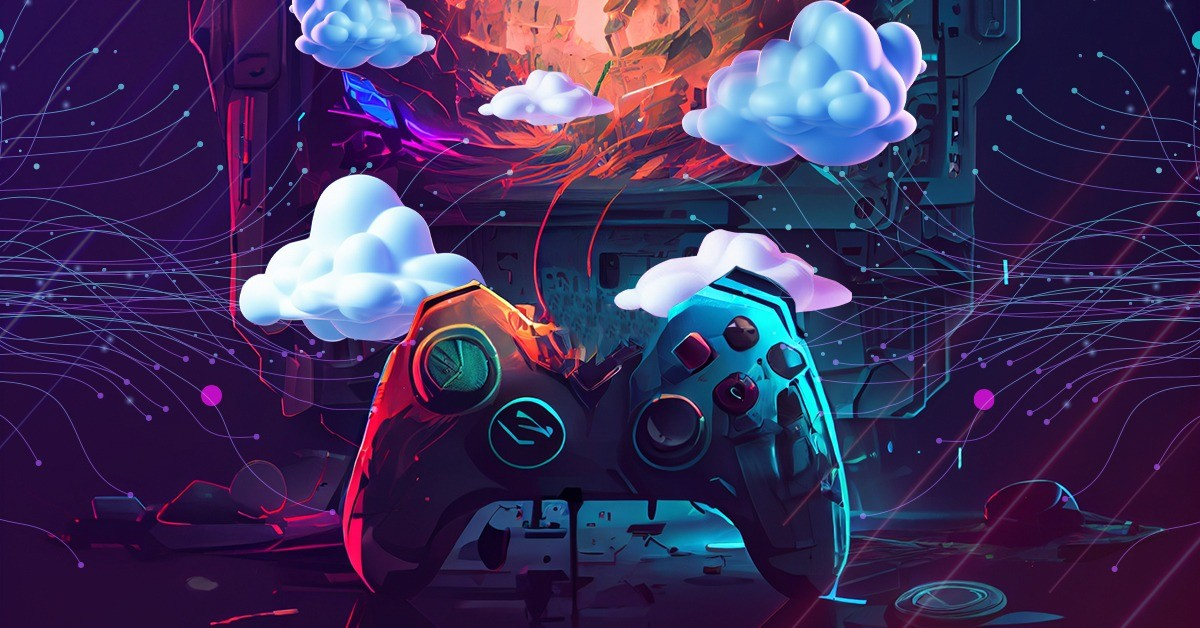It is one of the most transformational forces in the gaming industry. Cloud gaming will redefine the way players can access, interact with, and enjoy their favorite titles. The fact that this allows users to stream games from powerful servers over the internet means that high-quality gaming will be accessible to anyone, without the expense of costly hardware. That said, the impact is already having a huge effect, promising a future where the industry opens up more, becomes flexible, and more immersive than ever.
1. Access from Anywhere, on Any Device
The biggest barrier to the wide adoption of gaming has always been the high-performance console or gaming PC needed for playing games most players cannot afford. Cloud gaming simply does away with this limitation since it allows access to the game on any internet-connected device. Imagine playing the graphically intensive game, Cyberpunk 2077, on a budget smartphone or an older laptop with the help of cloud gaming. The user can play titles of their choice on smartphones, tablets, and even smart TVs with the services available at NVIDIA’s GeForce Now, Xbox Cloud Gaming, and Google Stadia. The boundaries between various forms of gaming platforms have gone fuzzy.
2. No More Downloads, Instant Access
Cloud gaming is refreshing for anyone who has spent hours (or even days) waiting for a game to download. Because the games are stored elsewhere, it will give cloud gamers near-instant access. It means that players interact with their games in an entirely new way they can change games with a few clicks, try new games on a whim, and return to old favorites without waiting. Instant access also allows game developers to force their updates and fixes directly into the cloud, ensuring all players have the latest versions without having to download them again.
3. A New Era in Social and Multiplayer Games
Cloud gaming platforms are going to break the traditional walls of multiplayer games, namely hardware differences and version discrepancies. This will allow friends using different devices to play each other, all on the same cloud-hosted version of a game. The support of real-time updates that cloud infrastructure can offer gives huge advantages to live-service games that are always constantly in need of change, update, and expansion. Envision multiplayer sessions that synch across various devices for seamless integration with friends so that they can play along despite location or device differences.
But, on the other hand, shared worlds in cloud gaming have never been seen before. Think of exploring a huge always-on game world rendered and updated in real-time by the power of the cloud-this may well become the new standard for online games and MMO experiences.
4. Reducing the Barriers to Game Development
Cloud gaming is also opening new doors for game developers. Traditionally, developers have always had the concern of how to get games optimized over different pieces of hardware cloud games give them leeway where they can easily focus their attention on perfecting other things in developing high-performance games without getting concerned by every possible spec of a machine. This in turn creates an equalized playing ground in game development as even smaller studios stand to deliver games that push graphics without diluting quality in performance. Developers should be able to experiment far more, go through rapid iteration, and push out things that couldn’t come together because hardware was considered a limitation at one time.
5. Future of Cross-Platform Play and Portability
Cloud gaming has made cross-platform play much more accessible, breaking down walls between different ecosystems. Cross-platform limitations could disappear entirely in a future where game streaming services are commonplace, creating a seamless experience on PCs, consoles, and mobile devices. This is important not only for convenience but also for competitive gaming, as players can participate on any device they choose without being held back by hardware.
Another thing the portability factor expands into is game saves, progress, and achievements. One could start a session in a living room TV and pick it up on his or her tablet during commuting to finish it on the desktop without losing any saved data or degrading its quality.
6. Environmental and Economic Impact
With more widespread cloud gaming, the environmental impact may change as well. Traditionally, gaming hardware has a massive carbon footprint-the production to the end stages of disposal. Cloud gaming, on the other hand, might remove the constant need for people to upgrade their hardware and could make them experience cutting-edge gaming without buying the most expensive consoles or GPUs. Economic impacts may also come into view since the dependency on physical hardware will reduce costs for the consumer and the industry altogether.



